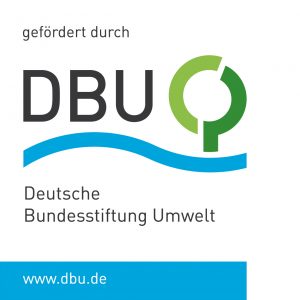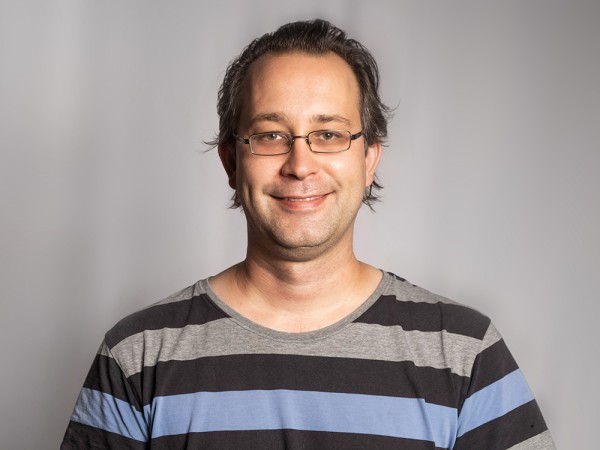The aim of organic farming is to minimise the consumption of finite resources and to concentrate on “Circular Economy”. Closing regional nutrient cycles is therefore one of the corner stones to ensure sustainable agriculture.
Nutrients recovered from bio-based materials and wastes offer the opportunity to promote the transformation towards sustainable agriculture and circular economy. So far, nutrient cycles are not sufficiently closed, be it in conventional or organic agriculture. This accounts in particular for the case of phosphorus. The only allowed mineral source to compensate phosphorus losses from organic farming systems is fossil based phosphate rock with its arguable fertilising efficiency and potential contamination with the toxic elements Cadmium and Uranium.
The project “nurec4org” (Nutrient recyclates for organic farming) examines to what extent phosphorus-containing products, which can be obtained through currently available recovery and recycling methods, will be acceptable and approved for organic farming. The aim is to introduce the scientific findings to the corresponding German and European approval bodies and to finally transfer them to the regulations for organic farming (EC/889/2008). Important stakeholders like farmers, trading companies and scientific institutions are involved in the investigations.
Activities:
Intensive and interactive stakeholder dialogue to define criteria for acceptance
Assessment of the market potential P recyclates in organic farming
Characterisation of quality of suitable recyclate
Application of organic farming assessment methods adapted to specific organic farming requirements for both, products and processes (LCA, risk assessment)
Project Partners
Bioland Beratung GmbH; Institute of Agricultural and Urban Ecological Projects affiliated to Berlin Humboldt University (IASP)
When embedding this video, cookies from third parties may be set. You must agree to this if you want to watch the video. You can change your decision later in the privacy settings.
In der Abwasser- und Klärschlammbehandlung können Düngemittel zurückgewonnen werden. Unter anderem ist die Herstellung von sauberen, schadstoffarmen und gut pflanzenverfügbarem Struvit möglich. Für dieses Nährstoffrezyklat wird eine mögliche Verwendung im Ökolandbau angestrebt. Das Video wurde von der Deutschen Bundesstiftung Umwelt im Rahmen des Projekts "nurec4org" gefördert. Das Projekt ist abgeschlossen.
Der Abschlussbericht steht auf der Website der Deutschen Bundesstiftung Umwelt zum Download zur Verfügung.




